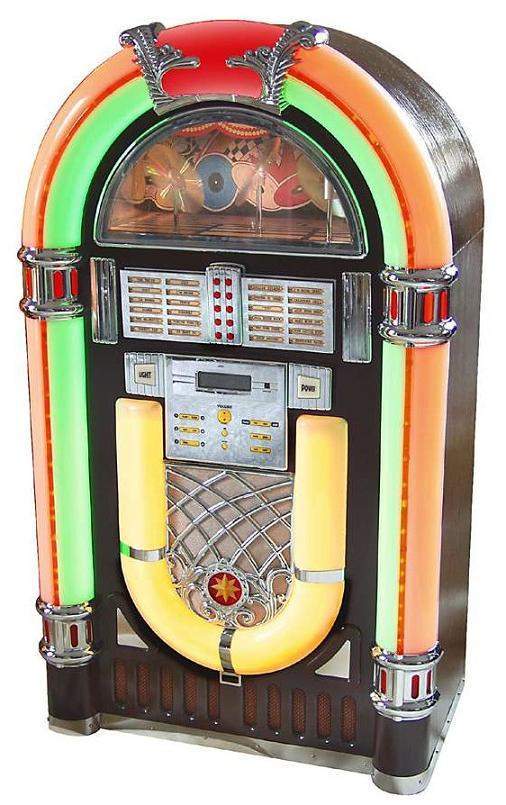
-WEB-2017-ZzZz/00-va_-_fusion_music_beats-(361497_4513267)-web-2017-pic-zzzz.jpg)
My analysis emphasizes the role of intermediaries and the structural context surrounding performance fusion. In the second section, I examine two cases where intermediaries intend to transform the scene’s “rules of the game” by playing on the different elements of performance. Bridging both theoretical approaches, I analyze the structure of the Parisian music scene, which rests on the pure/impure binary, to understand performance contexts. Although the strong program in cultural sociology is often presented as incompatible with Bourdieusian field theory (Santoro and Solaroli 2015), bringing them into conversation opens up new directions in understanding performance fusion, which, as we will see, can be understood as the moment when the “rules of the game” (Bourdieu 1993) within a field are enacted, perpetuated, or contested. I discuss how a cultural pragmatic approach to music (McCormick 2006) as “social performance” (Alexander 2004) can be fruitfully combined with research on cultural intermediaries and their role in bridging artistic production and reception in artistic fields. In the first section, I present the theoretical framework that informs my analysis. In addition to emphasizing materiality, it focuses on the way that music is framed and staged within these spaces by intermediaries. This paper aims to engage critically with the analysis of music as performance by focusing on the spaces in which performances take place. Not only are these intermediaries gatekeepers, but they also shape how music is experienced, appreciated, and understood (Hennion 2003 Lizé et al. Furthermore, focusing on music as performance also brings attention to the cultural intermediaries who orchestrate the meeting between audiences and artists and whose role often remains invisible. These questions produce fruitful paths for further enquiry, where analysts might examine how these contexts interact with systems of collective representations about music. How do performances contribute to meaning-making processes in cultural scenes? How is meaning in performance influenced by the structure of local scenes? How are musical performances, and the audience’s reception of music, shaped by the people who organize concerts and the spaces where they are staged? Answering these questions requires paying attention to live music’s material context (the types of venues and their architecture) and to the diversity of listening practices. It forms the very basis of many music scenes. As Simon Frith ( 2007) states, “live music matters,” not only on an economic level but also as a collective site of meaning-making for audiences and performers alike (Hesmondhalgh 2007). Indeed, the sociology of music has been influenced by a “production–consumption paradigm” (McCormick 2012) and until recently has devoted little attention to performance. However, this line of research overlooks how music is experienced in everyday life (Benzecry 2011 DeNora 2000 Small 1998) and very rarely examines live music on stage. Music has frequently been at the center of academic debates concerning how taste, distinction, and cultural hierarchies (Bourdieu 1984) are related to consumption practices (Peterson 1992). Drawing on ethnographic observations conducted in two major venues, I show how bookers attempt to transform the “rules of the game” and position their venues as part of the avant-garde by mixing “pure” and “impure” elements of performance during the events. I also examine how cultural intermediaries in Paris work within this frame, playing with performance “rules” to shape audiences’ understandings and experiences of music in particular venues. I devise a framework to analyze how the Parisian music scene is organized and structured by a pure/impure binary linking specific music genres to performance contexts.

This article points to the role that cultural intermediaries play in shaping performances, interpreting systems of collective representation, and achieving fusion. I engage critically with cultural pragmatics from a Bourdieusian perspective to argue that performance contexts are central to the structure of music scenes, and that fusion may be understood as a moment when the “rules of the game” (Bourdieu 1993) of a cultural field are enacted, perpetuated, or contested.

How do performances contribute to meaning-making processes in cultural fields? This paper focuses on the spaces where performances happen and how music is framed and staged by intermediaries.


 0 kommentar(er)
0 kommentar(er)
